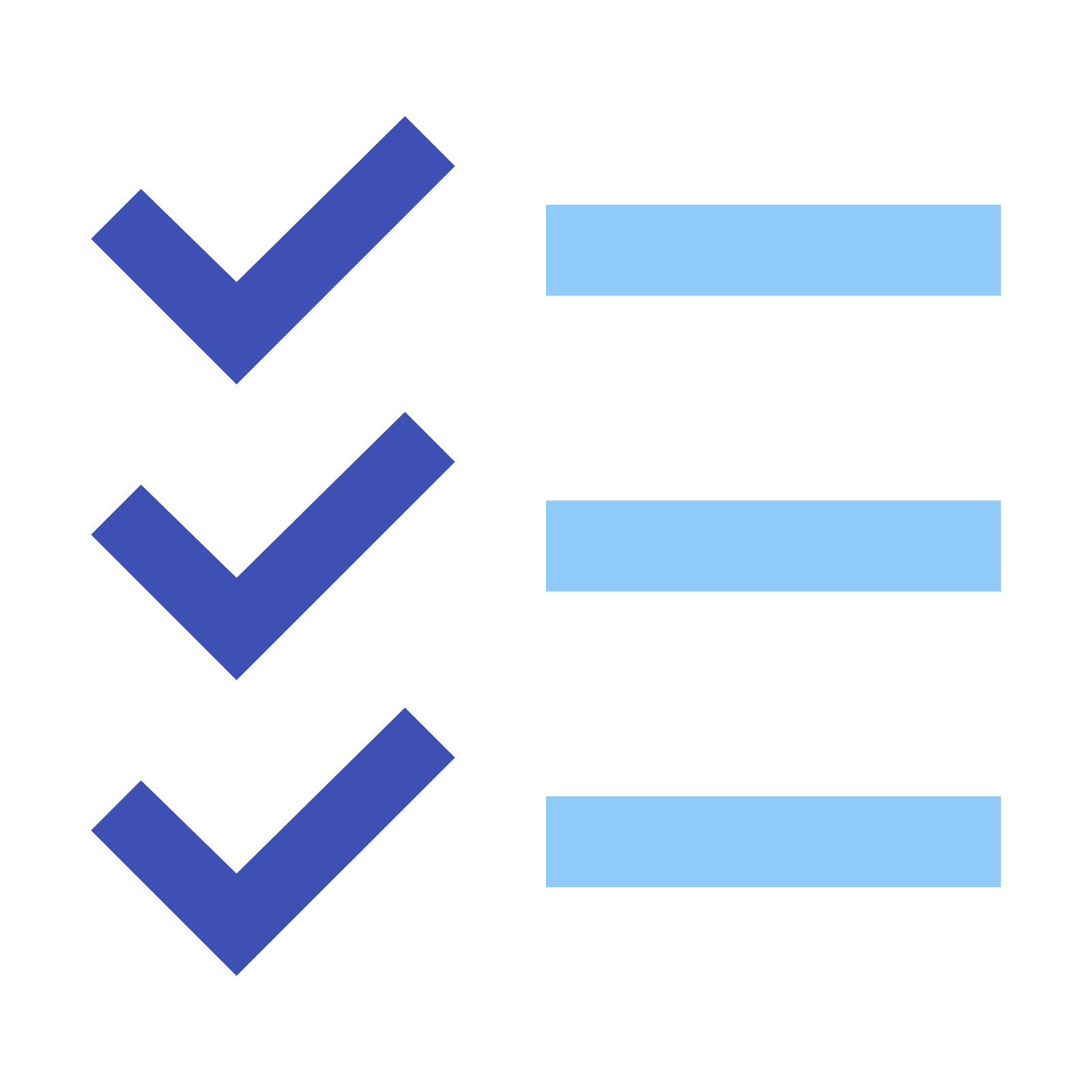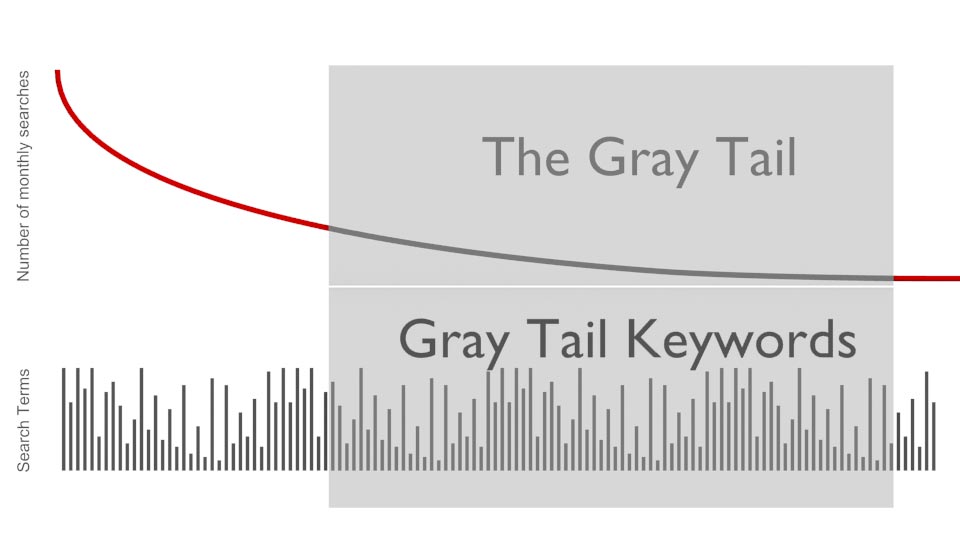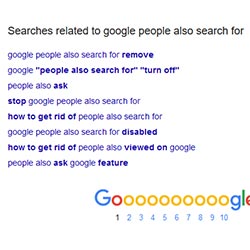
Missed the explainer video?
Watch the Understanding Keywords explainer and get a head start in your knowledge before completing this text element!
Module Text

Missed the explainer video?
Watch the Understanding Keywords explainer and get a head start in your knowledge before completing this text element!

In Module 1 we looked at SEO Scams and Cons so you can avoid the companies that could cause your website considerable harm.
Module 2 covered personalized search so you don't make the very common mistake made by many website owners and think you have good rankings when you don't!
In Module 3 we saw how Search Engines go about deciding who should be in their Search Results Pages and in what order they should rank.
The next question is not 'How to rank' but 'What to rank for'.
Search terms that you, as a Search Engine Optimizer, want to rank for are known as your keywords or your keyword phrases. In this course we'll just use the term 'keywords' even if we are talking about one keyword.
Deciding what you want to rank for can make or break your SEO.
Let's follow Sally and Lenny to see two popular mistakes people make when choosing their keywords.
But don't worry. There is a middle ground when you understand how to research keywords. Imagine if we could put all the words and phrases people search on a graph that measured how often each one was used every month.
If we placed them in order starting with the most popular on the left and the least popular on the right we would get a graph that looks like this:
Click on each number in order to explore the image below

The keywords to focus on are those which are not highly competitive but also not searched very, very rarely, if at all. This section is known as the gray tail. You might hear others referring to these keywords as low hanging fruit - because they are the one's that are easiest to rank for and they will bring results!
Luckily there are a host of online tools where you can check out how popular a keyword or phrase is and get suggestions for similar phrases you might also want to consider.
Links to these tools can be found at the bottom of this page.
Click each image to reveal more

Google's Keyword Planner will tell you how often a word or phrase is searched and give you suggestions of other related searches.
The service is free but if you are not spending money on Google Ads the figures are approximate.

Start searching a phrase on Google and you'll see alternative keyword suggestions within and below the search results.
Run these through the Keyword Planner to see how much competition each one has. This also works in Bing and some other search engines.

Check if the phrase you are thinking of is getting more popular over time, fading out of use or 'evergreen' (consistently searched over time).
It will even tell you in which countries the search is popular so you can consider this against the audience you hope to reach.

What keywords do people search at the same time as each other? – like 'halloween' and 'pumpkin'.
There are other tools around like Moz, Majestic, WordTracker and SpyFu, SEM Rush, SEO PowerSuite and Ahrefs which all offer unique insights into the way people search online and the search terms they use. Most charge but are well worth the investment at this vital stage. You'll find links to the best of these at the bottom of this page.
You might be itching to start search engine optimizing your website but now is the time to invest a little in keyword research in order to save a whole lot of wasted time and effort in the future.

Your list will continue to change and evolve as you spot new opportunities and discount others which are either beyond your budget or don't deliver the visitors you need.
We'll talk more about how you can know where you rank for each keyword and how you can measure their worth in a later module.
Has this module highlighted issues with your website or SEO work but you don't know how to resolve them?
Now click the orange button to test your knowledge
Google Tools for keyword research
Other Tools for keyword research